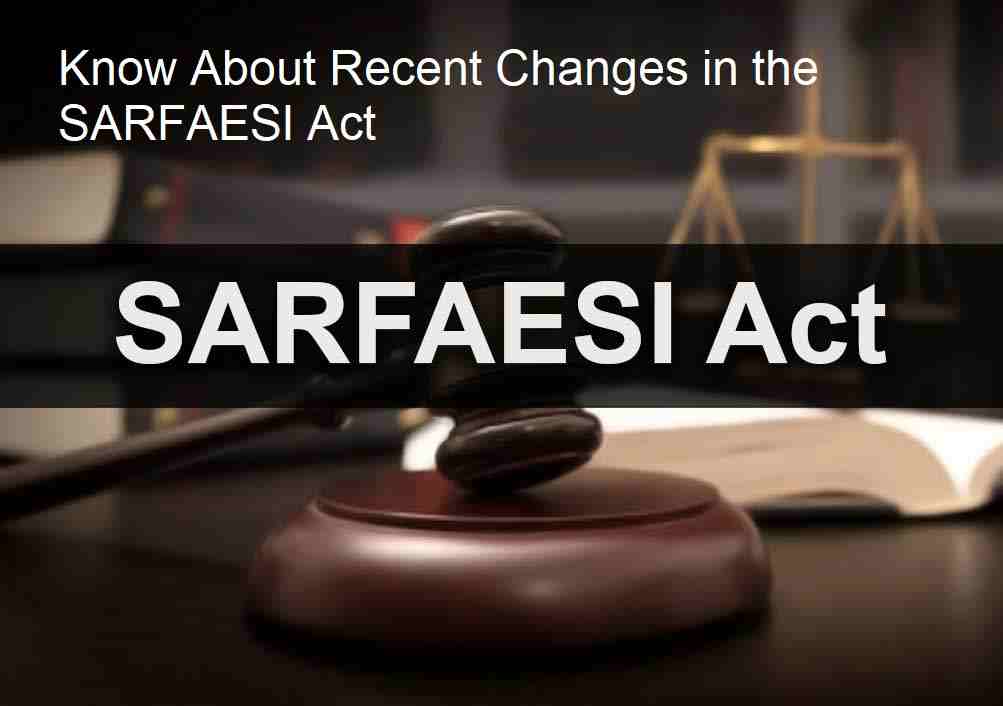On September 21, the Supreme Court issued a significant judgment regarding the borrower's right to reclaim their mortgaged property under the Securitisation and Reconstruction of Financial Assets and Enforcement of Security Interest Act, 2002 (SARFAESI Act). According to this ruling, once a bank publishes an auction notice for the sale of a secured asset, the borrower loses the opportunity to redeem the mortgage and keep the property. In simpler terms, if your bank announces the auction of your property, you won't be able to regain ownership of it through mortgage redemption.
As borrowers, we count on banks to play fair and transparently in their dealings with us. but, in some cases, banks can also interact in unfair practices that place borrowers at a disadvantage. happily, current judicial choices have proven that the courts are willing to stand up for borrowers' rights and keep banks answerable for their actions.
In this article, we will explore some current judgments in favour of debtors towards banks and what they imply for you.
Historical past
In recent years, there were numerous instances wherein banks were accused of carrying out unethical practices. those practices range from charging immoderate charges to misrepresenting the phrases of loans. In response, many borrowers have taken criminal motions against banks to are seeking for redress.
Recent Judgments in Favour of Borrowers
a. XYZ v. ABC Bank
In a current case, XYZ sued ABC's financial institution for charging excessive interest costs on a mortgage. The courtroom ruled in want of XYZ, declaring that the hobby costs charged by using the bank have been now not in step with marketplace fees and had been, consequently, immoderate. As a result, the financial institution was ordered to pay compensation to XYZ.
b. PQR v. DEF Bank
Another recent case involved PQR, who claimed that DEF Bank had misrepresented the terms of a loan. The court found that the bank had indeed misled PQR and ruled in favour of the borrower. The bank was ordered to pay compensation and make changes to its lending practices.
c. LMN v. GHI Bank
In yet another case, LMN sued GHI Bank for charging hidden fees on a loan. The court found that the bank had not disclosed these fees to the borrower, and ruled in favour of LMN. The bank was ordered to pay compensation and change its practices.
Implications for borrowers
These latest judgments have tremendous implications for debtors. They show that the courts are willing to preserve banks responsible for their actions and defend debtors' rights. if you feel that you have been dealt with unfairly by a bank, you can take a prison motion to seek redress.
Conclusion:
Current judgments in favour of debtors towards banks display that the courts are willing to rise up for debtors' rights. when you have been treated unfairly by way of a bank, you've got legal alternatives available to you. With those judgments, borrowers could have extra self-assurance that they are able to are trying to find justice and keep banks responsible for their actions.
